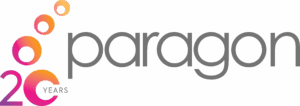In the ever-evolving world of legal job searches, each step – from the initial impression to demonstrating expertise to following up after the meeting – can significantly impact the outcome. Drawing on real-world examples and insights from the trenches of recruiting, we’ve crafted this comprehensive guide to elevate your job search game.
Rethinking the Cover Letter
Traditional wisdom reveres the cover letter, but here’s a fresh perspective: Instead of investing hours refining it, channel that energy into research. Identify who’s spearheading the hiring process and make a direct, personal connection via platforms like LinkedIn.
Example: Instead of a generic cover letter, send a tailored note expressing genuine interest. Highlight how your skills align with the company’s needs, ensuring that the tone radiates sincerity.
Engaging Recruiters: The Art of Standing Out
Apply first, then go beyond. Demonstrating initial interest is foundational, but coupling that with targeted research and outreach can significantly enhance your visibility.
Example: “I recently read your post on the challenges with privacy compliance. Having managed similar issues at my previous firm, I’d love to discuss potential solutions and how my expertise could benefit your team.”
Crafting a Stellar Resume
Generic is passé. Tailoring is the new norm. Customizing your resume for each role captures attention and communicates your genuine interest in the role.
Example: If the job description asks for specific experience with a law, ensure that your resume highlights your experience with that law. Leaving it off of your resume may leave you off the interview list. Provide concrete examples that paint a vivid picture of your capabilities.
Nailing the Introduction
First impressions are pivotal, and the early minutes of your interview can determine its direction. When confronted with the query, “Can you tell me a little bit about yourself?” your response can significantly influence the interviewer’s perception. The key is to authentically convey your professional journey, emphasizing moments that have prepared you for the position.
Example: “I started my legal career with a deep interest in intellectual property rights. While at Firm Y, I played a pivotal role in resolving a high-profile copyright infringement case that saved our client from potential millions in liabilities. Having worked in a broad spectrum of IP cases, I’m eager to bring my expertise to a specialized team like yours at the forefront of defending creative rights.”
Quick Tips:
- Authenticity Over Length: Rather than a long monologue, focus on 1-2 authentic sentences that spotlight where you are in your career journey.
- Relevance is Key: Relate your experiences directly to the role you’re interviewing for. Use the job description as a guide to identify and emphasize parallels.
- Show, Don’t Just Tell: Instead of merely stating you’ve done a task, provide a brief instance or result that demonstrates your prowess.
Addressing Job Changes
If your career path resembles a winding road rather than a straight line, it’s crucial to frame your journey positively. Highlight the skills and experiences gained rather than lingering on the transitions.
Example: “At Company X, I honed my skills in contract management. Moving to Company Y allowed me to dive deeper into client negotiations. Each transition was a stepping stone towards broadening my legal expertise.”
Answering with Authenticity
Ditch rehearsed, generic answers. Adopt the STAR method, and provide examples that breathe life into your experiences.
Example: Question: “How do you handle unexpected disruptions to your workflow?” Answer: “When Mike was unexpectedly out of the office, I promptly prioritized and delegated his tasks amongst the team and myself, ensuring no disruption and timely follow-up. This incident epitomizes my management style – proactive, adaptive, and team-oriented.”
Proactive Feedback Collection
Not every interview culminates in a job offer. However, each one is a goldmine of feedback. If things don’t swing your way, seek constructive feedback.
Example: “I appreciate the opportunity to interview with Paragon Legal. While I understand I wasn’t the right fit for this role, I’d value any feedback to enhance my future applications. Could we discuss this briefly?”
Job hunting demands more than just skills and experience, especially in the legal arena. It requires strategy, foresight, and genuine engagement at every phase. By integrating these insights into your job search journey, you can stand out and ensure that each interaction, regardless of its outcome, propels you forward in your career. Every interview, application, and feedback session is a stepping stone toward your ideal role. Embrace, learn, and thrive.


